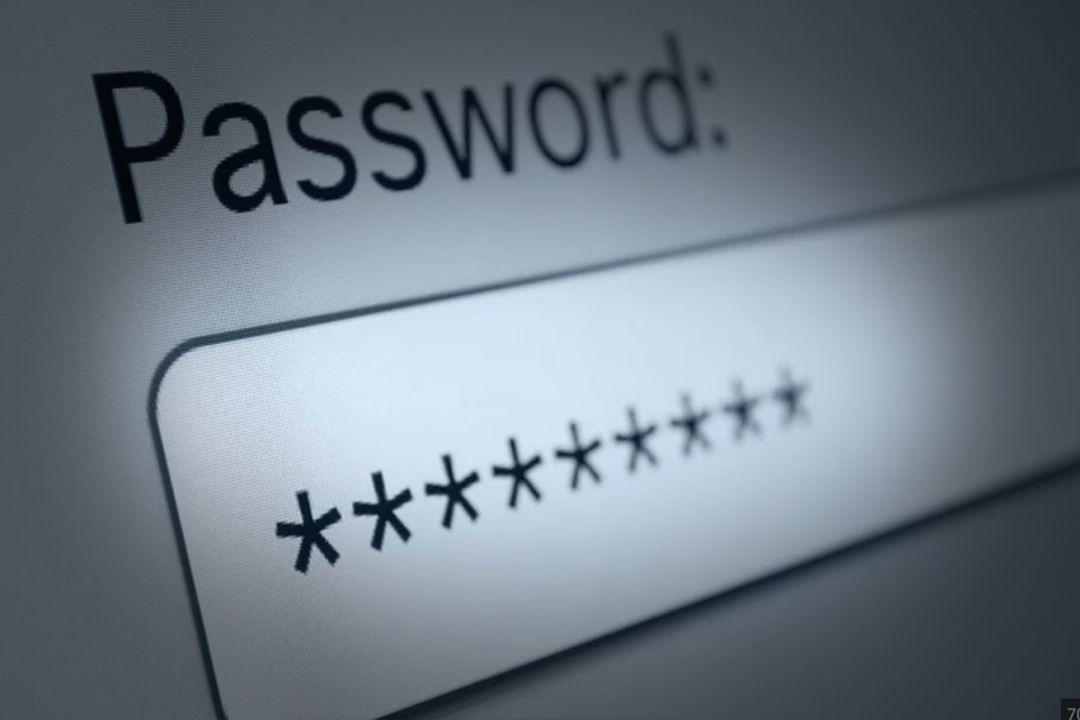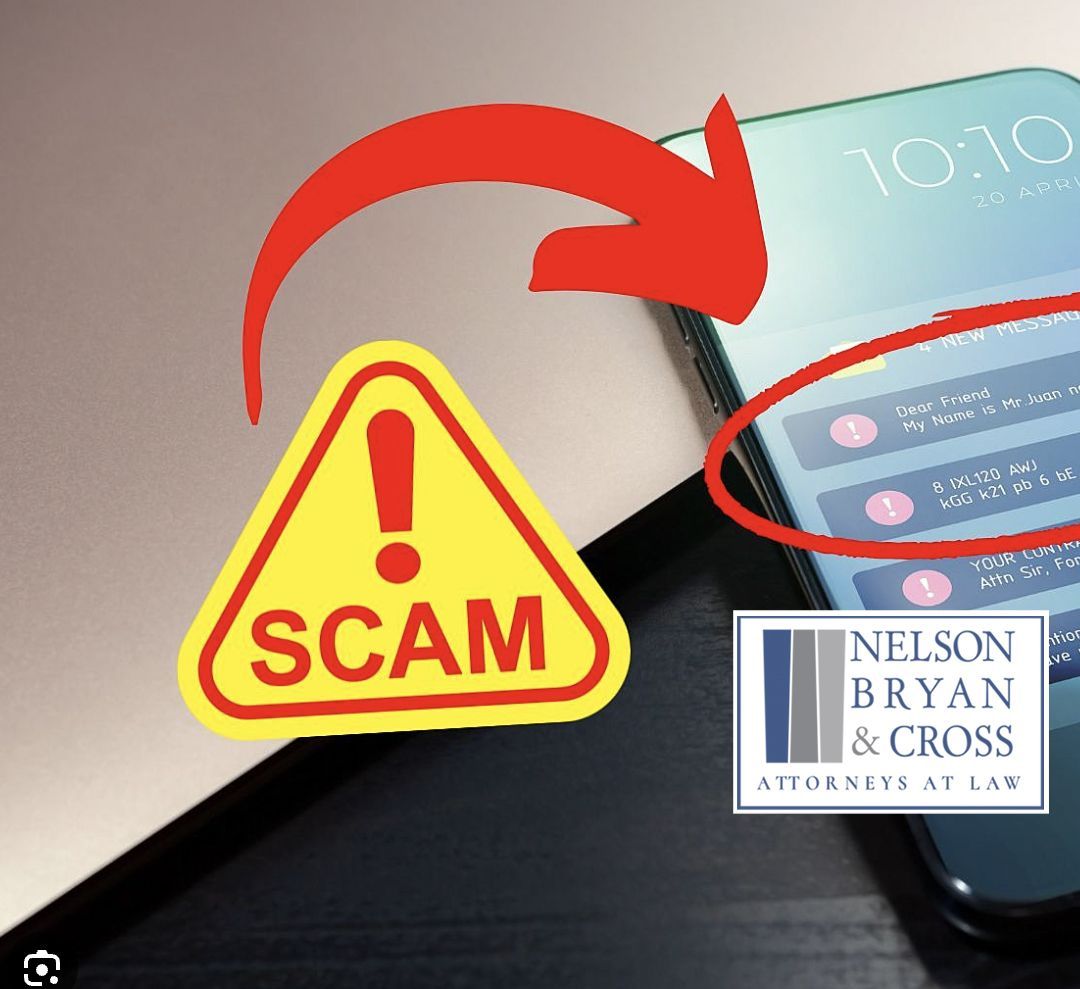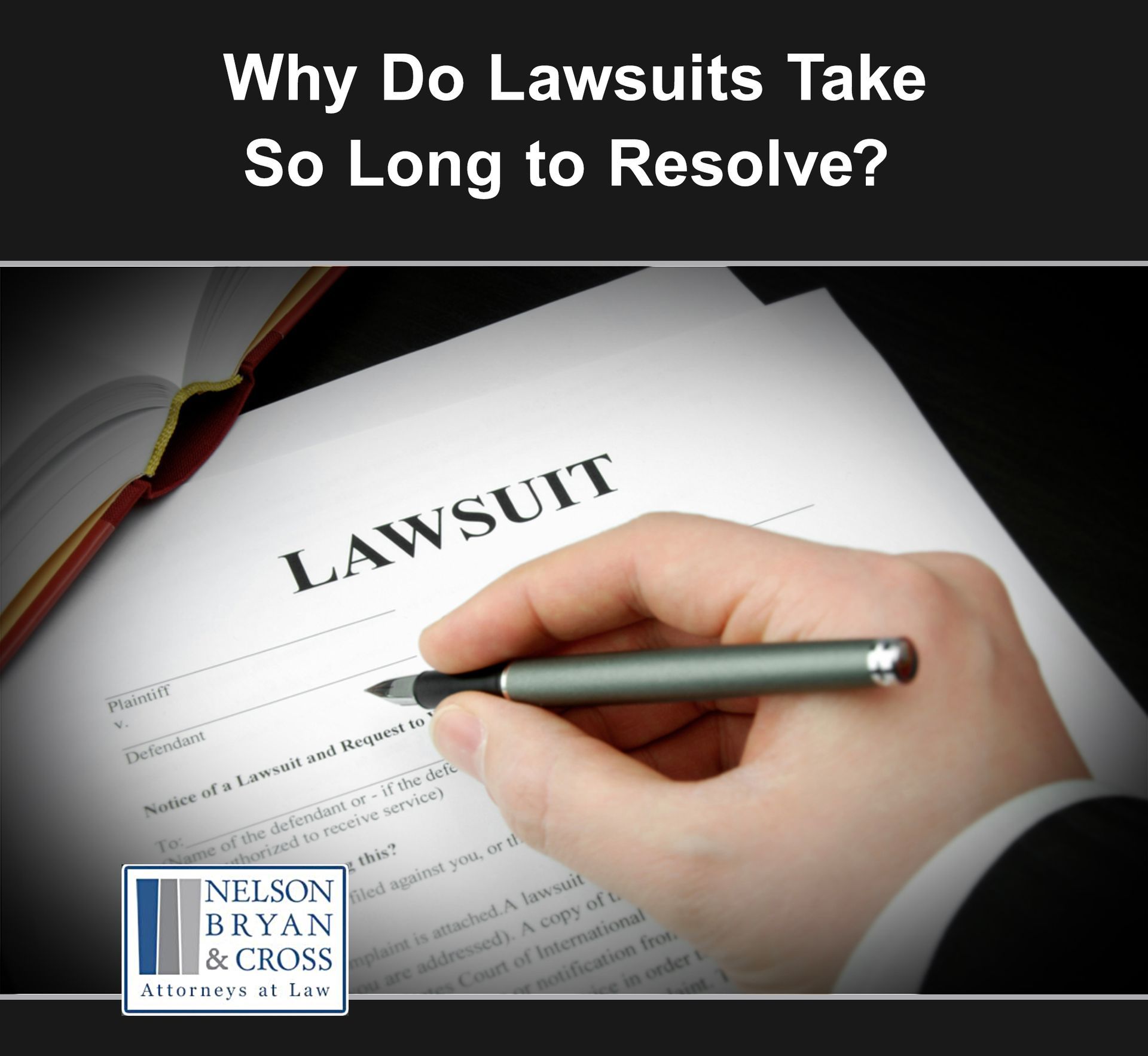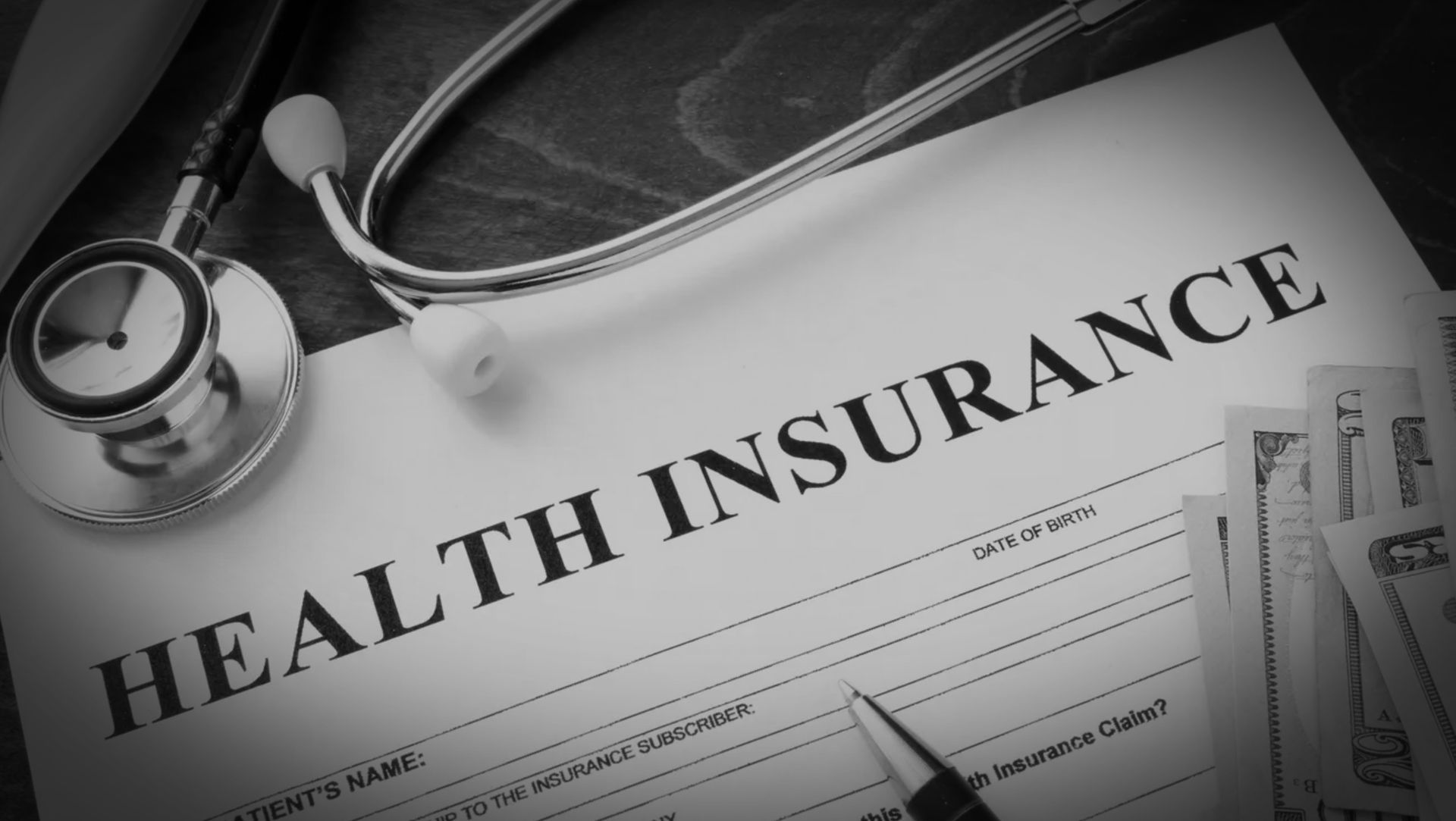Is it Love, Or is it a Rip-Off?
David Pridemore • July 1, 2024
Is it Love, Or is it a Rip-Off?
Author: David Pridemore | Publish Date: July 1, 2024

Is it love, or is it a scam: Navigating the Perils of Romance Scams
In today’s digital age, finding love online has become increasingly common. Dating apps, social media platforms, and matchmaking websites offer convenient avenues to connect with potential partners worldwide. However, amidst the possibilities of romance lie lurking dangers—romance scams. These fraudulent schemes prey on individuals seeking companionship, exploiting their emotions and trust for financial gain.
The Rise of Romance Scams
Romance scams have surged in recent years, fueled by the proliferation of online dating and social media. According to the Federal Trade Commission (FTC), Americans reported losing a staggering $547 million to romance scams in 2020 alone. Since then, those numbers have only continued to rise.
How Do Romance Scams Work?
Typically, romance scammers create fake profiles on dating sites or social media platforms, portraying themselves as sincere and attractive individuals. They invest time in building a relationship with their victims, showering them with affection and attention to foster a sense of intimacy. Once trust is established, the scammer often fabricates a crisis—a sudden illness, a financial emergency, or a need to visit the victim—which requires money to resolve.
Warning Signs to Look Out For
Recognizing the signs of a romance scam can prevent devastating financial and emotional losses:
1. Too Good to Be True: Scammers often present themselves as ideal partners, displaying an unnaturally perfect profile.
2. Quick Professions of Love: Declarations of love or intense emotions early in the relationship may indicate manipulation.
3. Requests for Money: Be wary of sudden requests for financial assistance, especially if the person has not met you in person.
4. Inconsistencies in Stories: Pay attention to inconsistencies in their background or details that don’t add up over time.
Protecting Yourself Against Romance Scams
1. Verify Identity: Use reverse image searches or request video calls to verify the person's identity.
2. Guard Personal Information: Limit the amount of personal information shared online, especially financial details.
3. Remain Cautious: No matter the trust level that has been established, always question unusual requests for money or assistance, especially if the person claims it’s urgent.
4. Report Suspicious Activity: If you suspect a scam, report it to the platform where you met the individual and to authorities like the FTC or local law enforcement.









